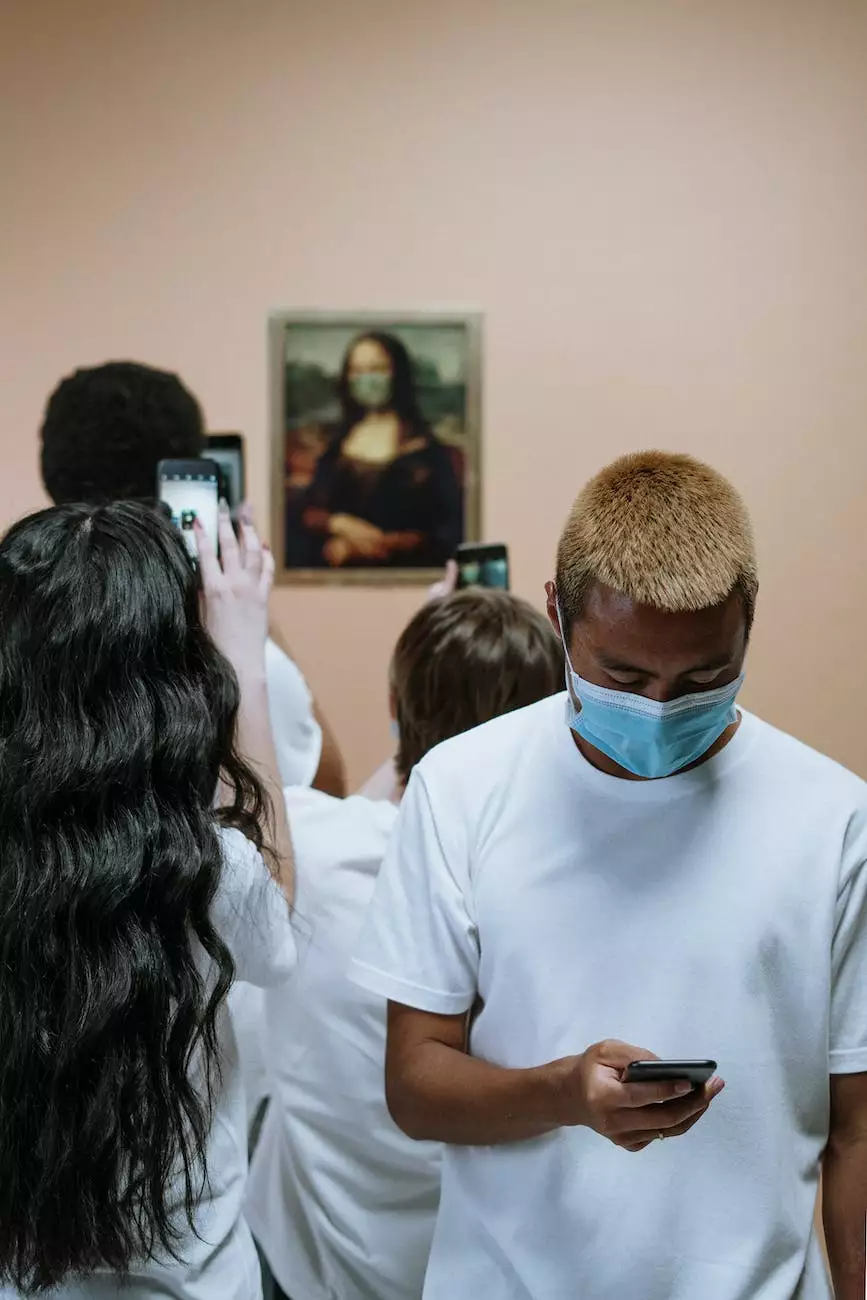Meningococcal Disease and Vaccines

Welcome to the Meningococcal Disease and Vaccines page at Social Service of America.
The Importance of Meningococcal Disease Awareness
Meningococcal disease is a serious bacterial infection caused by the bacterium Neisseria meningitidis. It can lead to severe illness and even death if left untreated. Social Service of America recognizes the importance of raising awareness about this disease and promoting preventive measures within our community. Through our dedicated efforts, we aim to ensure the well-being and safety of individuals of all ages.
Understanding Meningococcal Disease
Meningococcal disease is typically characterized by symptoms such as high fever, headache, stiff neck, nausea, vomiting, sensitivity to light, and a rash. The disease is commonly transmitted through respiratory droplets, such as coughing or sneezing, as well as close personal contact. It can spread rapidly in crowded places or among individuals who live in close quarters, such as college dormitories or military barracks.
The meningococcal bacteria can invade the bloodstream and permeate the lining surrounding the brain and spinal cord, resulting in meningitis. It can also cause bloodstream infections, known as bacteremia. Both forms of the disease require immediate medical attention and treatment.
Meningococcal Disease Vaccination
Vaccination is an essential preventive measure against meningococcal disease. By receiving the appropriate vaccines, individuals can significantly reduce their risk of contracting the disease and lessen its potential severity. Prolonged or repeated exposure to crowded environments, such as schools, colleges, or military settings, may increase the risk of transmission. Therefore, vaccination is particularly important for individuals in these high-risk groups.
Types of Meningococcal Vaccines
There are several types of meningococcal vaccines available to protect against different strains of Neisseria meningitidis. These include:
- Meningococcal Conjugate Vaccines: A vaccine that helps protect against several strains of meningococcal bacteria, including A, C, W, Y, and in some cases, serogroup B.
- Meningococcal Serogroup B Vaccines: A vaccine specifically targeting serogroup B, which is responsible for a significant portion of meningococcal cases.
Routine Vaccination Schedule
Immunization recommendations for meningococcal vaccines may vary depending on factors such as age, risk factors, and previous vaccination history. However, the general guidelines include:
- Infants: First dose at 11-12 months of age, with a booster shot recommended at age 16.
- Adolescents: A meningococcal conjugate vaccine is typically recommended at age 11-12, with a booster shot at age 16.
- College Students: Meningococcal vaccination is recommended for college-bound students, especially those living in dormitories.
- High-Risk Groups: Individuals with certain medical conditions or immunocompromised individuals may require additional doses or specific vaccination schedules. It is crucial to consult with healthcare professionals for personalized recommendations.
Preventing Meningococcal Disease
In addition to vaccination, there are other preventive measures individuals can take to reduce the risk of contracting meningococcal disease:
- Frequent Handwashing: Regularly washing hands with soap and water, especially after coughing, sneezing, or being in crowded places, can help prevent the spread of the bacteria.
- Covering Coughs and Sneezes: Using a tissue or the elbow to cover the mouth and nose when coughing or sneezing can help prevent the transmission of respiratory droplets containing the bacteria.
- Avoiding Sharing Personal Items: Avoid sharing items such as utensils, drinking glasses, or toothbrushes, as these can potentially transmit the bacteria if an individual is infected.
- Maintaining a Healthy Lifestyle: Regular exercise, a balanced diet, and adequate sleep can help strengthen the immune system, making individuals less susceptible to infections.
By following these preventive measures, individuals can contribute to the reduction of meningococcal disease transmission and protect themselves and their communities.
Conclusion
Meningococcal disease is a serious illness that can have severe consequences if not properly addressed. At Social Service of America, we strive to raise awareness about the disease and promote preventive measures, including timely vaccination, hand hygiene, and respiratory etiquette. By taking proactive steps, together, we can minimize the impact of meningococcal disease and safeguard the health and well-being of our community.









